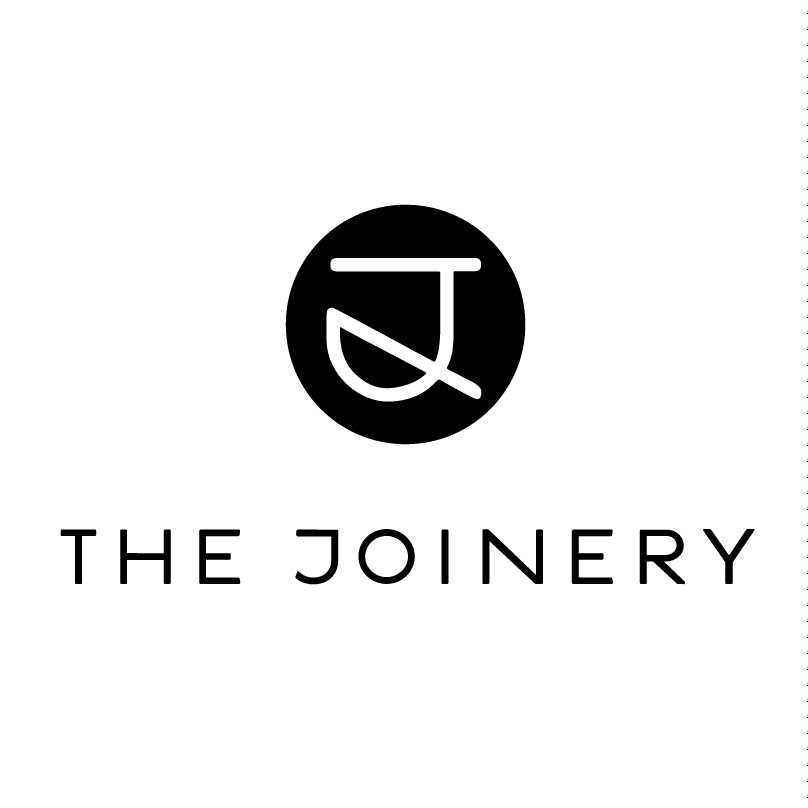

The Joinery

Oregon, United States
September 2010
Furniture
Manufacturing
United States
Most furniture purchased today will have a date with a landfill within a decade. Contrast that with the lifetime warranty on all residential furniture from The Joinery, an Oregon manufacturer of handcrafted hardwood furniture since 1982. In its 20,000 square foot Portland woodshop and showroom, The JoineryÕs talented artisans create pieces that are as beautiful as they are durable, using classic joinery construction techniques, sustainably harvested wood, and natural oil finishes. Each piece of furniture is signed by its builder. This level of ownership is a source of pride and signals a deep commitment to each and every piece. For The JoineryÕs skilled designers and master craftsmen, there is a clear relationship between form, function, material choice and sustainable practices. The overwhelming majority of lumber used in its products is locally sourced, certified by the Forestry Stewardship Council, or both. No wood scraps or sawdust are ever sent to the landfill. All scrap wood is recycled into new products or donated to area woodworking programs. One symbol of this commitment is the companyÕs annual Metamortise Award, which honors the employee who designs and builds the most innovative piece of furniture from leftover lumber.
Overall B Impact Score
Governance 15.2
Governance evaluates a company's overall mission, engagement around its social/environmental impact, ethics, and transparency. This section also evaluates the ability of a company to protect their mission and formally consider stakeholders in decision making through their corporate structure (e.g. benefit corporation) or corporate governing documents.
What is this? A company with an Impact Business Model is intentionally designed to create a specific positive outcome for one of its stakeholders - such as workers, community, environment, or customers.
Workers 18.7
Workers evaluates a company’s contributions to its employees’ financial security, health & safety, wellness, career development, and engagement & satisfaction. In addition, this section recognizes business models designed to benefit workers, such as companies that are at least 40% owned by non-executive employees and those that have workforce development programs to support individuals with barriers to employment.
Community 17.2
Community evaluates a company’s engagement with and impact on the communities in which it operates, hires from, and sources from. Topics include diversity, equity & inclusion, economic impact, civic engagement, charitable giving, and supply chain management. In addition, this section recognizes business models that are designed to address specific community-oriented problems, such as poverty alleviation through fair trade sourcing or distribution via microenterprises, producer cooperative models, locally focused economic development, and formal charitable giving commitments.
Environment 32.2
Environment evaluates a company’s overall environmental management practices as well as its impact on the air, climate, water, land, and biodiversity. This includes the direct impact of a company’s operations and, when applicable its supply chain and distribution channels. This section also recognizes companies with environmentally innovative production processes and those that sell products or services that have a positive environmental impact. Some examples might include products and services that create renewable energy, reduce consumption or waste, conserve land or wildlife, provide less toxic alternatives to the market, or educate people about environmental problems.
What is this? A company with an Impact Business Model is intentionally designed to create a specific positive outcome for one of its stakeholders - such as workers, community, environment, or customers.
Customers 2.5
Customers evaluates a company’s stewardship of its customers through the quality of its products and services, ethical marketing, data privacy and security, and feedback channels. In addition, this section recognizes products or services that are designed to address a particular social problem for or through its customers, such as health or educational products, arts & media products, serving underserved customers/clients, and services that improve the social impact of other businesses or organizations.